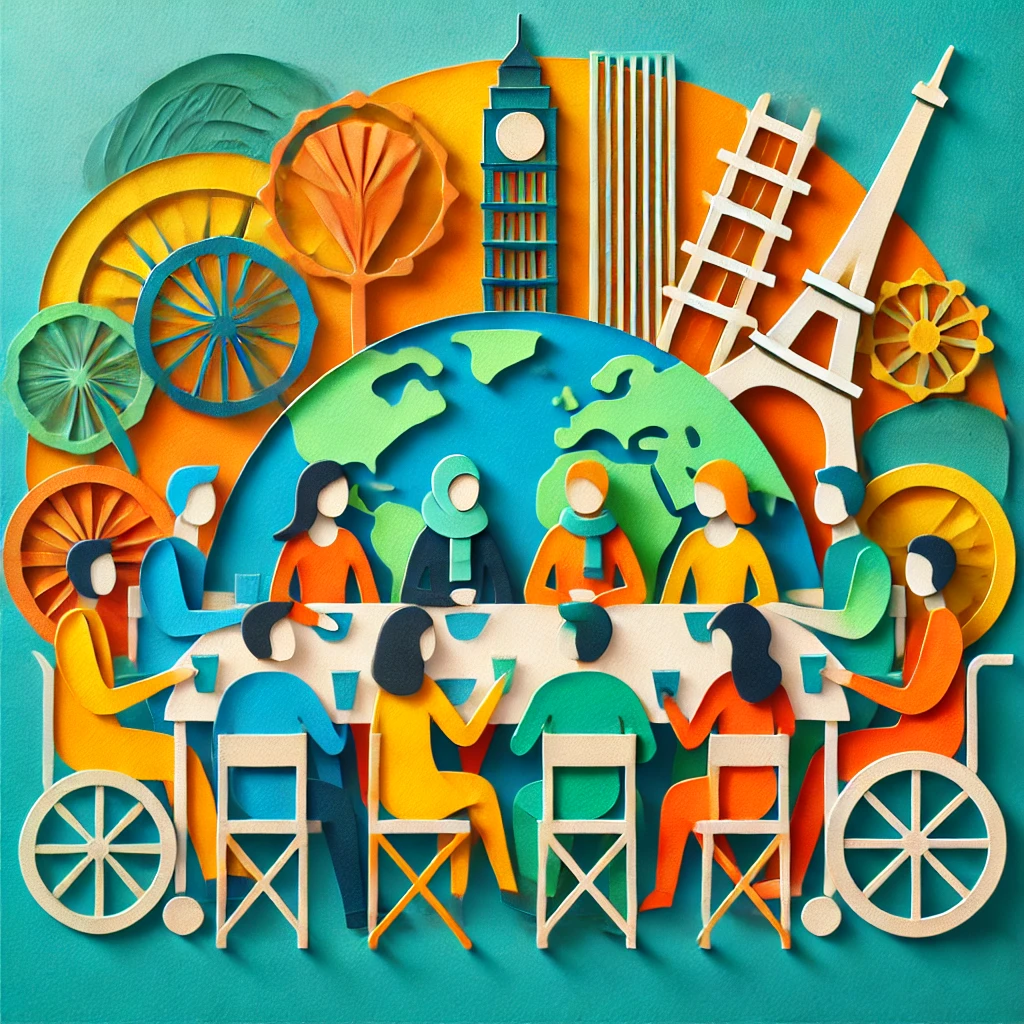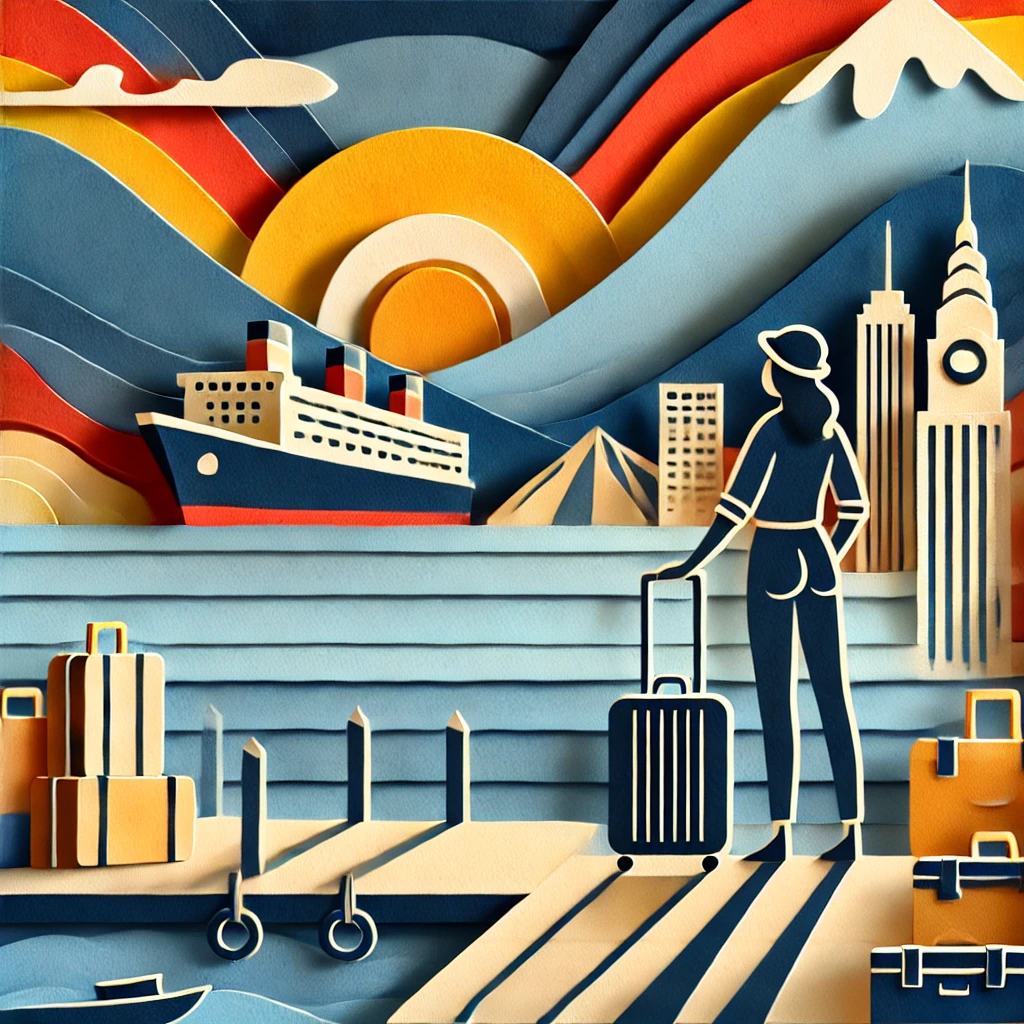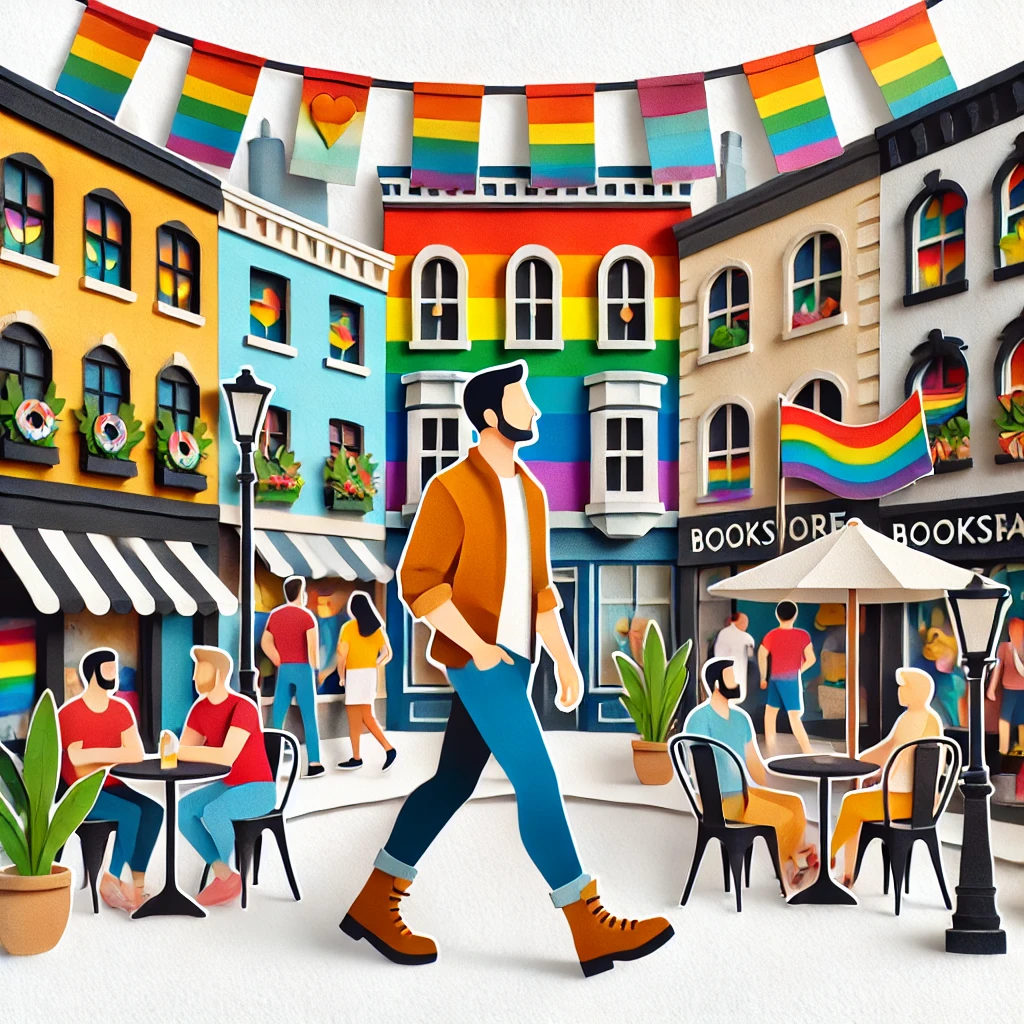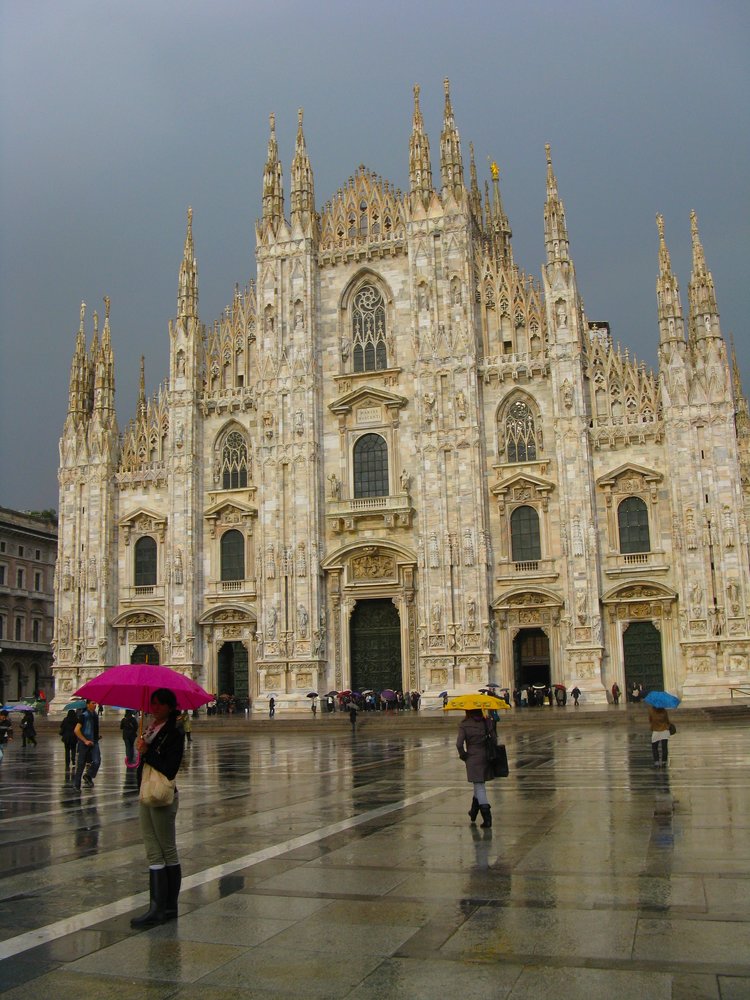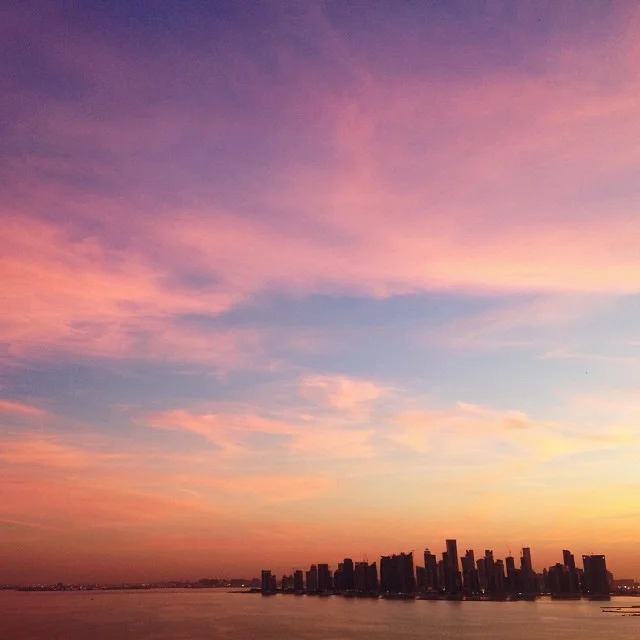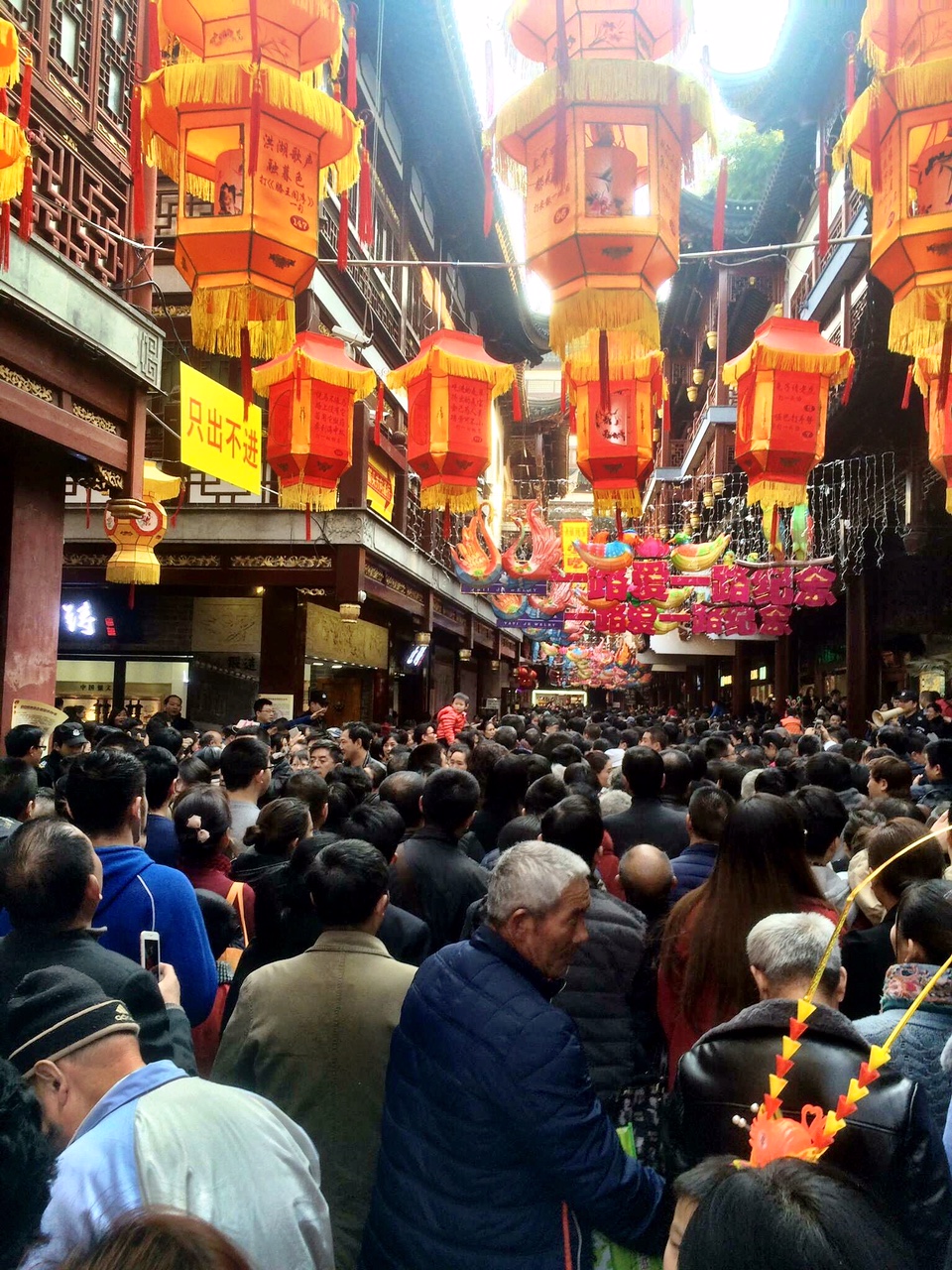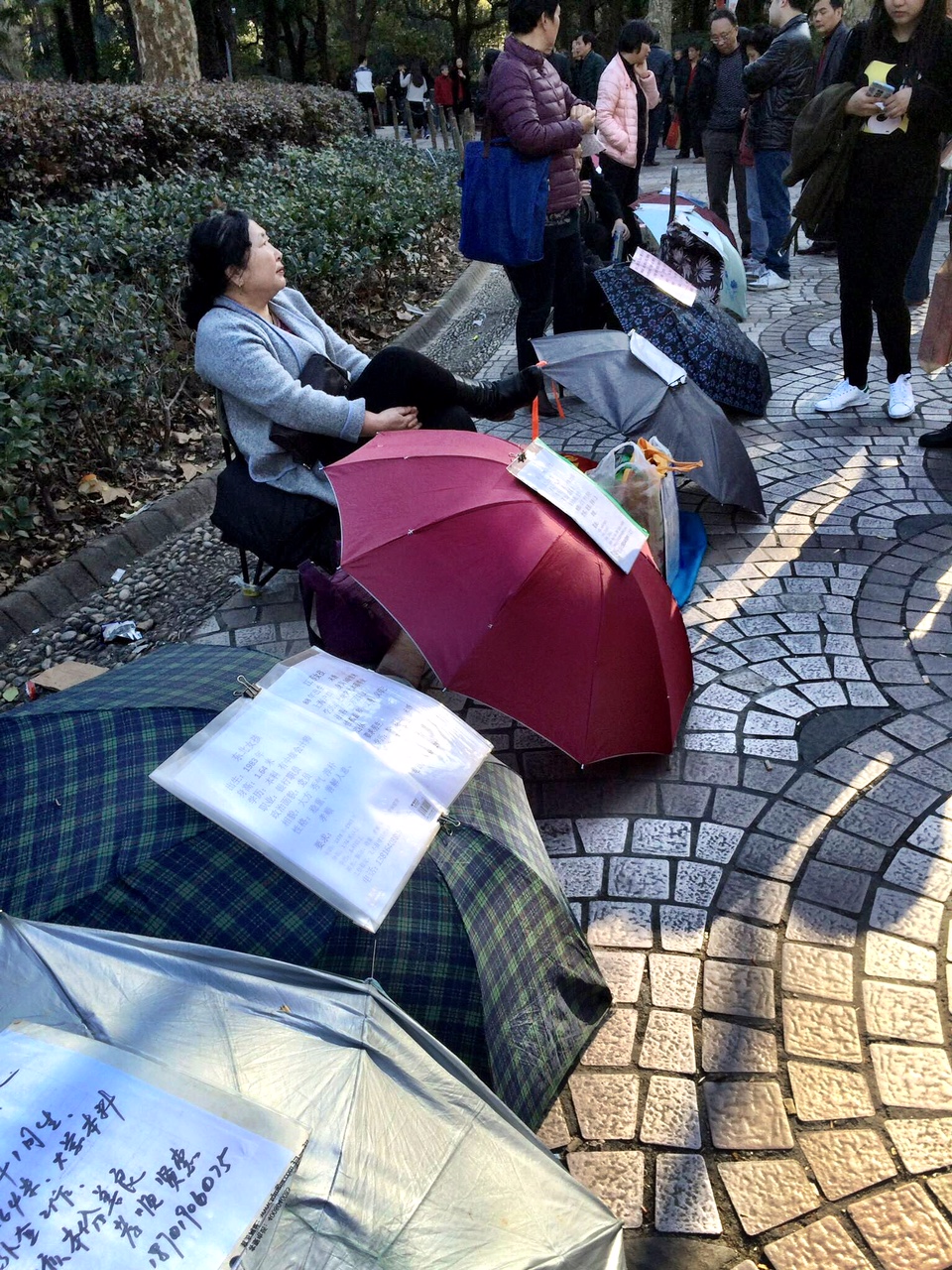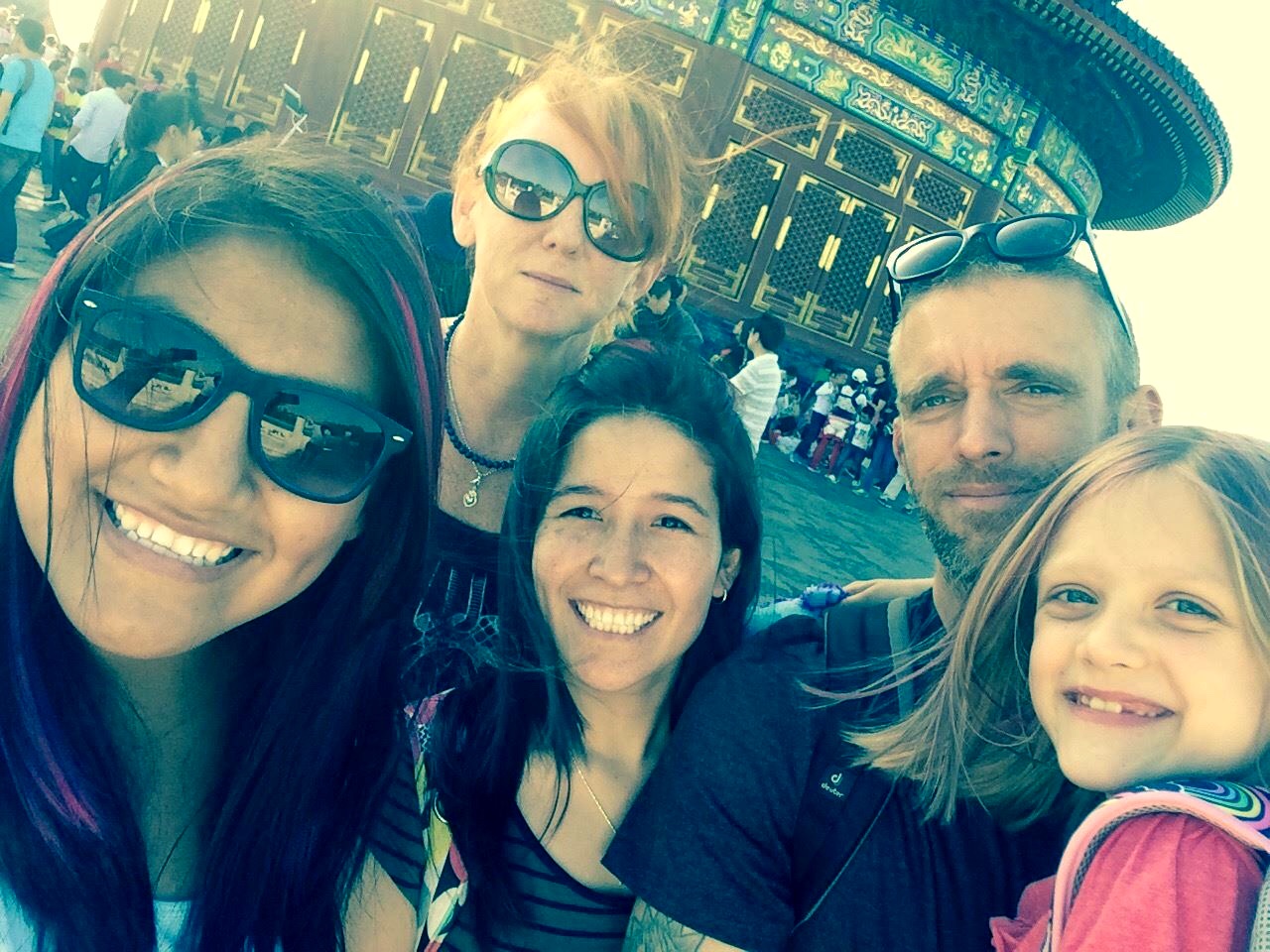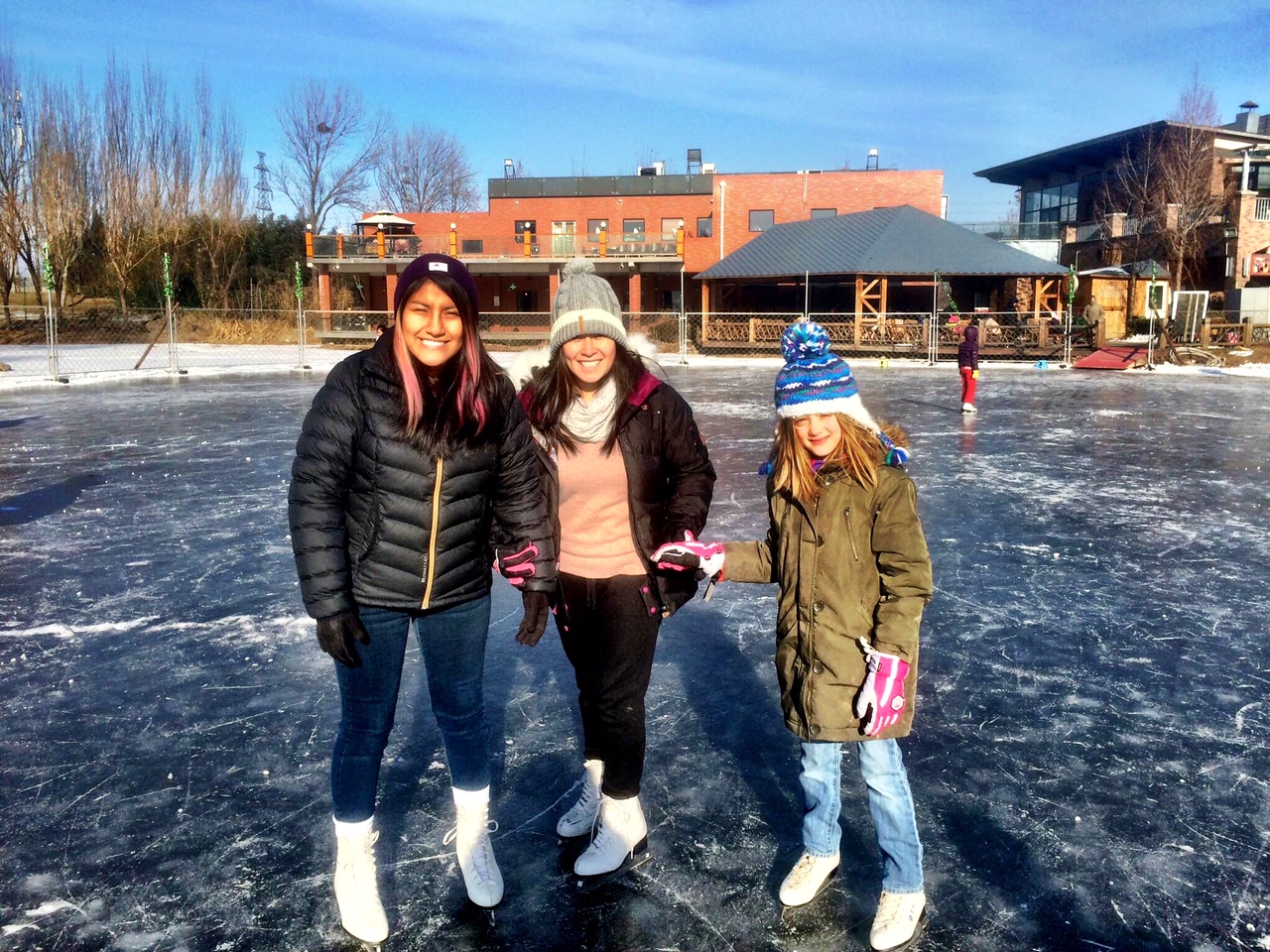Discover how living abroad shatters old perspectives, immerses you in vibrant cultures, and enriches your life in ways you never imagined.
Packing your bags and leaving behind the comforts of home for a foreign land is a journey of courage and discovery. The first time you wander into a grocery store abroad and realize you can’t decipher half the labels, you’ll feel it. The moment you attempt to order a coffee and inadvertently insult someone’s grandmother in their native tongue, it hits you again. Living abroad doesn’t just transform your worldview; it flips it upside down, shakes out the loose change, and hands it back to you a little more wrinkled but infinitely richer.
This isn’t a vacation. It’s real life, lived through the lens of another culture, and it will challenge every “normal” you’ve ever known. Whether you’re discovering the joy of a two-hour siesta or enduring the agony of a midnight call to your bank back home, the journey forces you to adapt, learn and grow in ways you didn’t know you needed. And, spoiler alert: You might not even recognize the person you’ve become by the end of it.
“Living abroad is about collecting moments that transform you, piece by piece, into a more resourceful, curious and confident version of yourself.”
Living abroad isn’t for the faint of heart. But for those brave enough to take the leap, the rewards — personal growth, cultural immersion and an entirely new perspective — are worth every awkward interaction and misplaced piece of luggage.
Understanding the Decision: The Moment You Choose Adventure Over Comfort
Deciding to uproot your life and move abroad is rarely a spur-of-the-moment decision (unless you’re running from something — and that’s a different article entirely). For most, it begins with a whisper: a curiosity about what life could look like beyond the borders you’ve always known. Maybe it’s a chance to study abroad, a late-night Google search about expat life in Paris or a conversation with a friend who couldn’t stop raving about their year in Tokyo. Slowly, the whisper grows louder, turning into a call for adventure.
But let’s be honest — this isn’t just about chasing sunsets and Instagrammable skylines. The decision to move abroad means stepping away from the familiar. It’s about weighing the excitement of discovering new cultures, foods and friendships against the inevitable challenges: learning to navigate a bureaucracy in a foreign language, figuring out how to convert Fahrenheit to Celsius without melting your brain, or realizing you’ll have to start from scratch to find “your” coffeeshop.
For some, the tipping point comes when the allure of growth outweighs the comfort of routine. You recognize that the risks — getting lost, feeling out of place, battling homesickness — are part of the reward. After all, what’s life without a little discomfort? It’s in those awkward, uncertain moments that transformation begins.
And here’s the best part: You don’t need to have it all figured out before you go. Sure, research helps (read: do not move abroad without understanding visa requirements), but the decision to move is more about courage than preparation. The logistics will follow. What matters is that first step — the one where you decide to trade the known for the unknown and see what kind of person you’ll become when the world opens its arms to you.
Overcoming Initial Challenges: The Beautiful Chaos of Starting Over
Moving abroad is exhilarating — until you try to buy toothpaste and accidentally grab denture cream because you didn’t understand the label. The honeymoon phase of living abroad fades quickly when you’re grappling with language barriers, societal norms that seem to make no sense, and the gnawing ache of homesickness. But here’s the truth: Every misstep is a building block in your transformation.
Partnering with a professional international mover can take the edge off the chaos of relocating, letting you save your energy for the real adventure — settling in and making your new home feel like yours.
Because, of course, there’s plenty to deal with when you move abroad, starting with the language barrier. If you thought a quick Duolingo streak would make you fluent, welcome to reality. Whether it’s fumbling through a dinner order or mispronouncing the name of your own street, language barriers can be humbling. But they’re also hilarious and oddly unifying. Smiling, pointing and a little humility go a long way. Bonus tip: Learn the phrase for “I’m sorry” immediately — it will be your best friend.
Then there’s the culture shock. Maybe you’re thrown by the fact that people in Spain eat dinner at 10 p.m., or you’re wondering why no one in Germany jaywalks even when the street is empty. The trick? Lean in. Observe. Adapt. It’s less about becoming a local overnight and more about showing respect for the way things are done while finding your own rhythm.
And yes, homesickness is real, even if you swore you wouldn’t miss your cousin’s weekly game nights. But you’ll survive. Create a support network early — join expat groups, take a class, or become a regular at a local café where someone eventually remembers your name (or at least your coffee order).
The secret to overcoming challenges abroad isn’t perfection — it’s perseverance. Every wrong turn, awkward moment and unexpected obstacle is a chance to build resilience. The struggles don’t just toughen you up; they make the victories — like successfully navigating a foreign pharmacy — feel like winning the lottery. Keep going. The chaos is part of the beauty.
Building Relationships Across Borders: Turning Strangers Into Your Global Family
When you move abroad, relationships become your lifeline. The good news? Living in a new country is like speed-dating for friendships — your shared adventures (and misadventures) with locals and fellow expats form bonds that run deep and fast. The bad news? Building these relationships takes effort, patience and a willingness to embrace awkward moments.
Start with the locals. Whether it’s your neighbor who politely chuckles at your botched pronunciation or the barista who teaches you how to order coffee properly, these small connections are the seeds of something bigger. Pro tip: Show genuine interest in their culture. Ask about traditions, learn a few key phrases in their language, and, for the love of everything holy, never compare their country unfavorably to your own. You’re here to connect, not critique.
Then there’s the expat community — a band of misfits just as lost as you are. These are the people who will help you figure out how to open a local bank account or commiserate over your craving for peanut butter (if you’re lucky, one of them smuggled some in their suitcase). Expats may not always share your cultural background, but they’ll share your journey, creating a uniquely diverse support system.
Building relationships abroad is about growth. Every interaction teaches you something new — about others, about yourself and about the world. You’ll learn to navigate cultural differences, appreciate new perspectives, and, most importantly, laugh at yourself when you inevitably make mistakes.
These connections often become your global family — people who will send you postcards from their next adventure and crash on your couch when they’re passing through. They’ll remind you that home isn’t just a place; it’s a feeling. And that feeling? It grows stronger with every relationship you build across borders.
Cultural Immersion: A New Lens on Life
Cultural immersion isn’t just about snapping selfies at festivals or trying the local delicacies (though both are highly encouraged). It’s about stepping into the rhythm of a place, seeing the world through its people’s eyes, and letting their traditions reshape your own understanding of life. Spoiler alert: It’s going to be messy, humbling — and utterly transformative.
The first step? Leave your tourist mindset at the airport. Cultural immersion means going beyond the guidebook highlights and diving headfirst into the quirks and nuances of daily life. Learn to love the things that feel strange at first — whether it’s eating soup for breakfast in Vietnam or navigating the labyrinth of Italian bureaucracy with more patience than you thought humanly possible.
The key to immersion is curiosity. Ask questions about traditions, try your hand at local customs and don’t be afraid to mess up. Attempting to master a salsa step at a neighborhood party or fumbling through a traditional toast at a wedding might make you feel foolish in the moment, but those experiences are where the magic happens.
And let’s not forget the food. If you’re not exploring a country’s culture through its cuisine, you’re missing half the story. That doesn’t mean you have to love everything you try (I’m looking at you, pickled herring), but tasting unfamiliar dishes opens a window into the heart of a culture.
True cultural immersion happens in the little things: chatting with the street vendor who sells your morning coffee, celebrating a local holiday with your coworkers, or simply watching life unfold from a park bench. It’s in these moments that you begin to see the world not as a collection of “others,” but as a vibrant, interconnected tapestry.
By the time you’ve fully embraced the culture, something remarkable happens — your perspective shifts. You stop seeing your host country as “different” and start seeing it as a part of you. That new lens? It stays with you, coloring every experience long after you’ve packed your bags.
How Living Abroad Can Transform Your Worldview: A Lesson in Seeing Differently
Living abroad doesn’t just expand your horizons; it dismantles them entirely. It challenges the very foundations of what you once believed to be universal truths — like the “right” way to line up for something, what’s considered a delicacy, or how loud is too loud on public transport. If you’re living abroad in China, for example, you’ll have to give up Facebook for the time being.
You’ll learn that there is no universal truth, only cultural preferences. And once you learn to let go of your assumptions, the transformation begins.
It’s about seeing the world — and yourself — with new eyes. You’ll learn to navigate not just unfamiliar streets but unfamiliar perspectives, realizing that what you once thought was “weird” is simply different.
Take stereotypes, for example. Living abroad forces you to confront them head-on. Spend enough time immersed in another culture, and you’ll start noticing the nuances that stereotypes miss. You might be surprised to have your ideas of gender norms challenged, like how the masculine ideal in Bali is wearing a skirt and putting a flower behind your ear.
The “reserved” Brit might just be hilariously witty after their second pint, and the “effortlessly chic” Parisian has likely perfected the art of looking fabulous while walking a barking dog and juggling a baguette.
Everyday moments become lessons in humility and curiosity. Whether it’s figuring out how to recycle in a country with six different bins (and none of them labeled in your language) or experiencing a holiday you’ve never heard of, living abroad teaches you to question, adapt and appreciate. These moments strip away arrogance and replace it with empathy.
Perhaps the most profound change is how you begin to see your own culture. Stepping outside it allows you to notice the unspoken rules, the traditions, and even the contradictions you once took for granted. You’ll find yourself defending some aspects and cringing at others, but always with a deeper understanding of where you come from.
In the end, the greatest gift of living abroad is perspective. You’ll learn to see the world as a mosaic of cultures, each with its own beauty, challenges and wisdom. And maybe — just maybe — you’ll find yourself a little less certain of your own answers and a lot more curious about everyone else’s.
Personal Growth Through New Experiences: Trial, Error and Triumph
Living abroad has a way of turning the mundane into the extraordinary — or at least the unexpected. You thought you’d just be buying groceries, but now you’re in an intense pantomime with a shopkeeper trying to explain that you need baking soda, not powdered sugar. Each small victory, each tiny failure, becomes part of your growth story.
Adapting to a new culture tests you in ways you never saw coming. That first attempt to navigate public transit? It might end with you on the wrong side of town, hungry and clutching a map like a relic from a bygone era. But by the second or third attempt, you’re navigating like a local — or at least blending in enough to fake it.
The real magic of these experiences lies in what they teach you. Forget the classroom; this is real-world problem-solving at its finest. Need to pay a utility bill but can’t read the instructions? You’ll learn to ask for help, overcome language barriers and maybe even laugh at your own ineptitude. These moments of trial and error sharpen your adaptability and build a quiet confidence that sneaks up on you when you least expect it.
And then there’s the joy of trying something new just because you can. Taking a pottery class in Kyoto, attempting flamenco lessons in Seville, or trying street food that looks like it might fight back — these experiences push you beyond your comfort zone, sometimes literally. Each one stretches your perspective and shows you how capable you really are.
The beauty of personal growth abroad is that it doesn’t stop when you move somewhere else. The resilience you develop while figuring out life in another country sticks with you. It shapes how you handle challenges, interact with others and view the world. By the time you’ve returned home — or moved on to your next adventure — you’re no longer the same person who stepped off that plane.
Living abroad is about collecting moments that transform you, piece by piece, into a more resourceful, curious and confident version of yourself.
Professional Opportunities in a Globalized World: More Than Just a Fancy Line on Your Résumé
Living abroad csn also supercharge your career in ways you probably didn’t anticipate. Sure, it’s a killer talking point in interviews, but the professional benefits of an international stint go far beyond a polished anecdote about that time you negotiated a deal in a foreign language.
First, there’s the adaptability factor. Employers love a candidate who can roll with the punches, and nothing says “I can handle pressure” like navigating a workplace where meetings happen over three-hour lunches, deadlines are “suggestions,” or office etiquette includes kissing your boss on both cheeks.
Then there’s cross-cultural communication. Working abroad teaches you to find common ground with people who may not share your language, background or sense of humor. Whether it’s collaborating with a diverse team or working with a client from a culture entirely different from your own, these skills are invaluable in today’s interconnected job market. And let’s not forget: Being able to mediate between the office tea enthusiasts and the coffee loyalists is a skill in itself.
Exposure to different work environments also gives you a fresh perspective on problem-solving and innovation. Maybe your time in Japan taught you the value of precision, or your stint in Brazil showed you how to embrace flexibility. These lessons don’t just make you a better employee — they make you a more thoughtful and resourceful one.
And the professional growth doesn’t stop at soft skills. Many industries actively seek out candidates with international experience, particularly if they’ve picked up a second (or third) language along the way. Companies operating in a global market value employees who can navigate cultural complexities with ease — and who understand that mañana doesn’t always mean tomorrow.
Living abroad also broadens your network. The connections you make — colleagues, mentors and even that woman from HR who always knew the best lunch spots — can open doors to opportunities you never imagined. These relationships often transcend borders, becoming valuable assets as your career evolves.
Ultimately, professional growth abroad complements personal growth, creating a well-rounded, globally minded individual. Employers notice that. And while living abroad might begin as an adventure, it often ends with a career advantage that lasts a lifetime.
The Journey Home: Seeing the Familiar Through Fresh Eyes
Coming home after living abroad isn’t as simple as unpacking your suitcase and falling back into old routines. It’s a full-circle moment that challenges you in unexpected ways. You’ve changed. Your worldview is broader, your patience (hopefully) longer, and your stories far more entertaining. But the place you once called home? That hasn’t changed nearly as much, and that’s where the real adjustment begins.
At first, you may feel like a stranger in your own life. The roads are the same, but they somehow look smaller. The conversations feel familiar, but you’re itching to share stories of that café in Rome where the barista knew your name, or how you mastered the art of haggling in a bustling Moroccan souk. Don’t be surprised if your enthusiasm is met with glazed-over eyes — reverse culture shock is real, and not everyone will understand the depth of your transformation.
But it’s not all disconnection. Distance gives you perspective, and perspective brings clarity. You’ll notice the beauty in things you once overlooked — like the smell of a family dinner or the comfort of hearing everyone around you speak the same language. You’ll also see cracks you didn’t notice before, whether it’s outdated customs or societal blind spots that now stand out against the broader cultural tapestry you’ve experienced. Maybe, after living abroad in Qatar, where booze is monitored and hard to get, you find yourself less of a lush.
Coming home is also an opportunity. It’s a chance to blend the best of both worlds: the traditions and values of your home country with the lessons and habits you’ve picked up abroad. Maybe you’ll bring home a love for siestas or a newfound commitment to public transport. Maybe you’ll start cooking dishes from your host country, turning dinnertime into a celebration of your journey.
And the reintegration process might inspire more than nostalgia — it might spark change. Living abroad doesn’t just transform how you see the world; it changes how you want to interact with it. You may find yourself advocating for more diversity in your community, traveling more consciously, or simply encouraging others to step out of their comfort zones.
In the end, the journey home is just as transformative as the one that took you abroad. It’s a chance to reflect on who you were, who you’ve become and who you want to be. And while home may feel different, that’s the point — it is different, because now, so are you.
Embracing the Transformation: Living Abroad as a Catalyst for Change
Living abroad rewires how you see the world, your place in it and even yourself. It’s not always easy, and it’s rarely picture-perfect. You’ll stumble over unfamiliar words, question your decisions and find yourself longing for the comforts of home. But those very challenges are what make the experience so profound.
Every misstep teaches you resilience. Every cultural exchange broadens your perspective. And every new connection reminds you that humanity, in all its diversity, is more interconnected than you ever imagined.
The transformation doesn’t happen all at once; it sneaks up on you in moments — like when you suddenly realize you’re navigating your new life with confidence or when your old assumptions feel too narrow to contain your new worldview. It teaches you that stepping out of your comfort zone is where the real magic happens.
Whether you’re chasing personal growth, professional opportunities or simply an adventure, living abroad is a testament to the transformative power of saying yes to the unknown. So pack your bags, take the leap and embrace the world — not just as a traveler, but as someone ready to be changed by it. –Ramona Lucia

